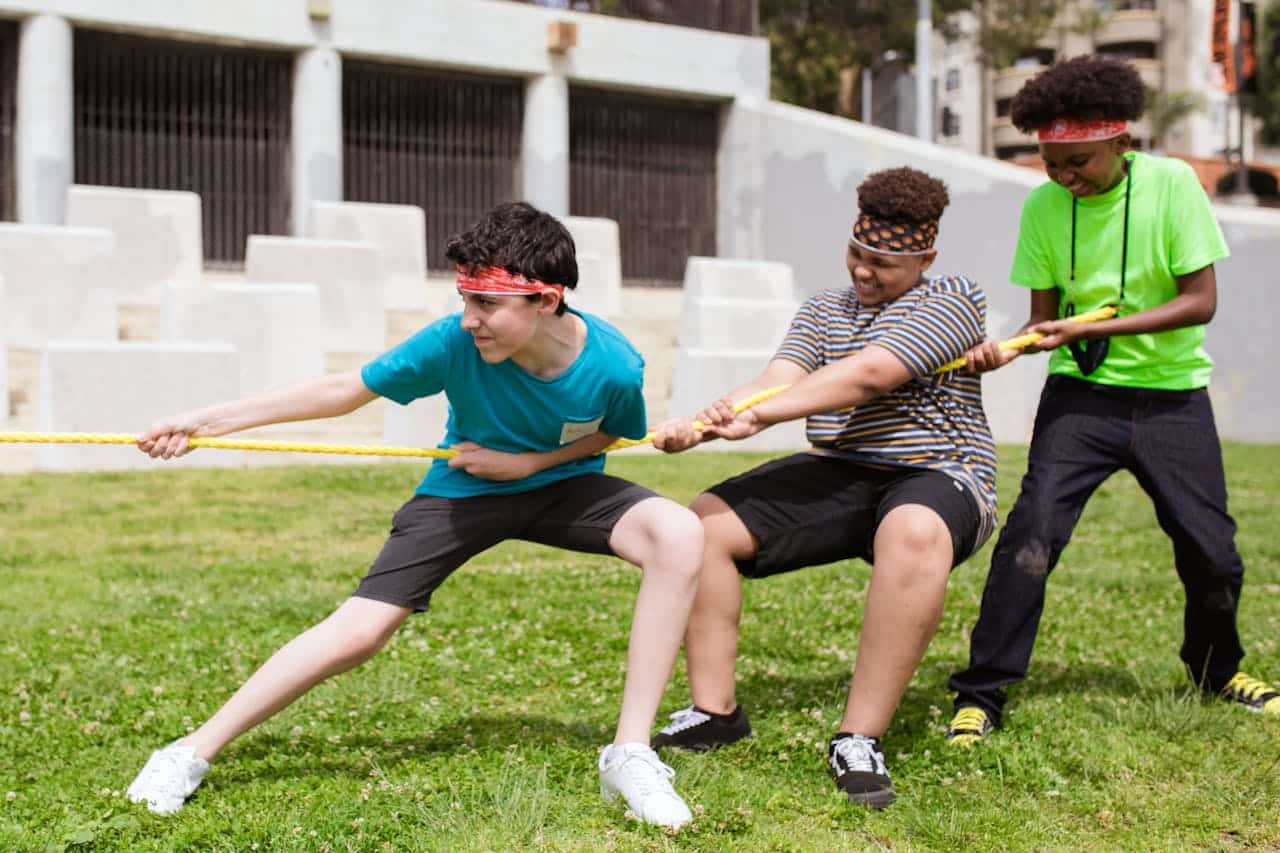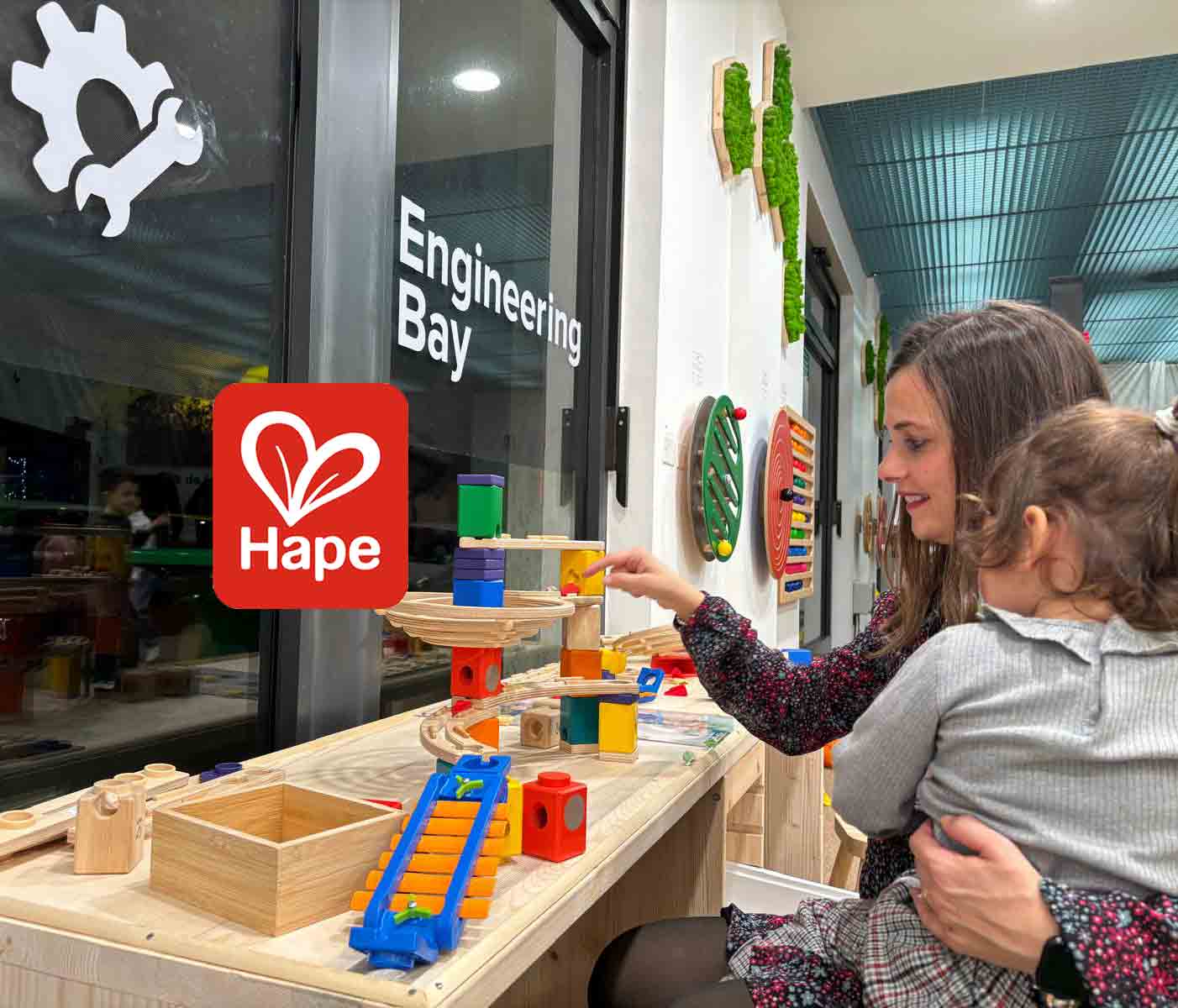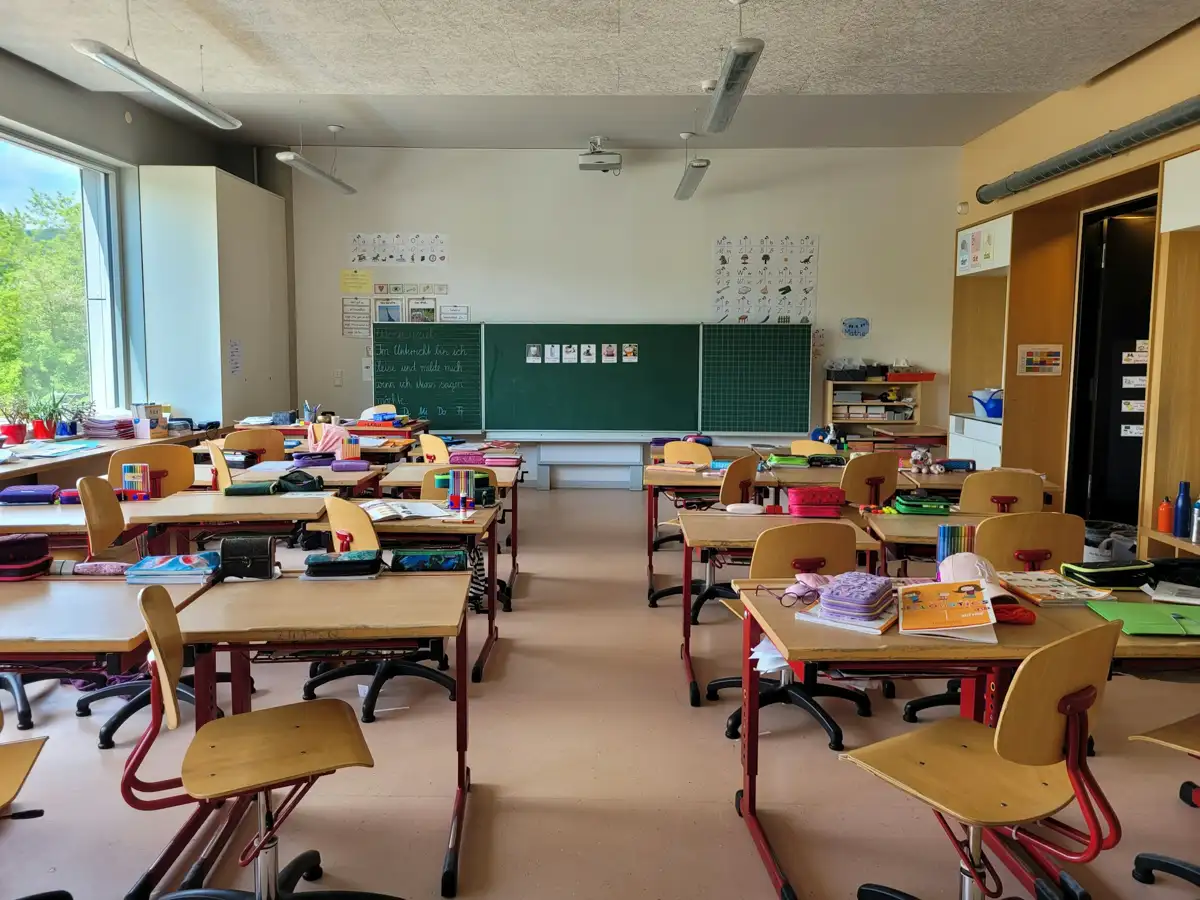The other night, while losing—rather spectacularly—at a family board game, it struck me: disappointment has a way of teaching lessons nothing else does. My own childhood is studded with the echoes of lost games, botched kickball runs, and fiercely competitive Monopoly sessions. But here’s the kicker – science shows those moments may have been my brain’s emotional training camp. Today we’ll dig into the neuroscience secrets behind game night, minor childhood failures, and how the ways children talk to themselves (and hear from us) shape grit that can last a lifetime.
When Play Become Brain Gyms
Picture this: your child just lost their longest road in Settlers of Catan to a surprise move by their sibling. The frustration is real, but something remarkable is happening inside their brain. That moment of defeat isn’t just a game setback—it’s a neuroscience fact in action, actively building the neuroscience of resilient kids.
When children face frustrating moments in games, whether someone blocks their strategy or they strike out in baseball, how they talk to themselves in that moment is literally training their brain for future challenges. This self-talk during defeats—”I’ll get it next time!” or “That was a good move, I need to think differently”—lays crucial neural groundwork for developing emotional resilience in children.
Building Neural Pathways Through Gaming
Every time kids encounter a setback during play, their brains are busy wiring up emotional responses. Neural circuits regulating emotion help children manage and bounce back from adversity, as outlined by leading child development research. Games create the perfect laboratory for this brain training because they provide a safe space for trial, error, and bounce-backs.
Losing a round of Settlers of Catan might sting, but it’s also building cognitive control. The role of games in development extends far beyond entertainment—these experiences actively strengthen the neural circuits supporting emotional resilience through playful challenges.
This process mirrors important research findings: children who actively engage their frontal cortex to regulate emotions handle stress better in real-world situations. Games help rehearse recovery from setbacks in a controlled environment, allowing kids to practice emotional regulation without serious consequences.
The Power of Repeated Practice
Each gaming session becomes an opportunity for building neural pathways through gaming. Kids’ brains wire up emotional responses every time they face a setback, both big and small. Whether it’s a blocked move in a strategy game or missing a crucial roll of the dice, these moments accumulate into a robust foundation for handling life’s bigger challenges.
The beauty lies in repetition. Every game night provides multiple opportunities for children to practice bouncing back, reinforcing the neural circuits that will serve them well beyond the game table.
The Dialogue in Their Heads: Training for Life’s Tough Calls
When a child loses a game or makes a wrong move, listen closely to what they say to themselves. Those whispered words—whether “I’m terrible at this” or “I’ll figure it out next time”—reveal something profound about their developing inner voice.
Emotional Regulation Strategies Through Self-Talk
Self-talk during game setbacks reflects and actively forms a child’s internal dialogue system. Research shows that growth mindset in childhood develops through these seemingly small moments of internal conversation. When children practice saying phrases like “Mistakes help me learn” or “Stay calm and keep trying,” they’re building neural pathways that will serve them far beyond game night.
Games create safe spaces for children to experiment with different cognitive control strategies. A frustrated player who learns to pause and reframe their thinking—”This is hard, but I can handle hard things”—is developing emotional intelligence that starts with self-awareness and inner dialogue cultivated through everyday play.
From Game Table to Real World: Managing Frustration and Setbacks
The quality of self-talk during games directly impacts long-term emotional strategies and recovery from disappointment. Kids who practice positive self-dialogue in play often transfer this skill to real-world challenges—whether facing a difficult math problem at school or navigating peer conflicts.
Neuroscientists emphasize the importance of cognitive reappraisal—helping children reframe how they interpret setbacks. The difference between saying “I’m bad at this” versus “I’ll get it next time” creates distinct neural pathways over time. These emotional regulation strategies become automatic responses that children carry into adulthood.
Real-time setbacks during games act as practice rounds for brain-based resilience. Each moment of frustration becomes an opportunity to strengthen the mental muscles needed for handling pressure, setbacks, and recovery. The inner voice that emerges during play becomes their default response during real-life challenges, making game night an unexpected training ground for life’s toughest calls.
Parenting Off the Sidelines: How Empathy Shapes Resilience
Game night offers parents a unique window into their child’s emotional world—and their own. Supportive relationships form the foundation for resilience, especially when children face stress. Research shows that kids with responsive adults exhibit greater emotional stability and develop stronger coping skills over time. At the Museo dei Bambini, we see this play out every day — parents and children side by side, learning how to handle frustration, celebrate small wins, and turn emotional stumbles into moments of growth.
Modeling Calm Under Pressure
When tensions run high after a loss, parents have a powerful opportunity to demonstrate emotional regulation in children. Children benefit from witnessing adults handle setbacks constructively. Instead of rushing to fix disappointment, parents can model calm, supportive language that validates feelings while encouraging growth.
A child who learns to bounce back from losing a game becomes an adult who succeeds in life. This transformation happens through consistent exposure to empathetic responses during challenging moments.
Spotting Emotional Habits
Game night creates a safe space to observe both parent and child reactions. Parental strategies for resilience involve recognizing these patterns without judgment. Does your child shut down when frustrated? Do you jump in too quickly to solve problems? These observations become starting points for gentle guidance.
Both successes and stumbles offer teachable moments—especially when parents avoid rescuing and instead encourage reflection. This approach helps children develop their own problem-solving skills.
Building Brain Circuits for Flexibility
Responsive, empathetic parenting strengthens more than just confidence—it actually builds brain circuits tied to flexibility and resilience. Parenting tips for emotional regulation focus on co-regulation, where parents help children navigate big emotions through calm presence and supportive guidance.
Research supports the role of warmth in parenting: children with consistently responsive caregivers develop stronger neural pathways for managing stress. They support their developing emotional systems through practice in low-stakes environments like family game time.
This neurological growth happens gradually through repeated experiences of working through challenges alongside trusted adults. Each game provides another opportunity to strengthen these crucial emotional skills that will serve children throughout their lives.
Wild Card: What If Games Ran the World?
Picture this: children walking into classrooms where Monopoly boards sit alongside textbooks, and chess matches count as emotional resilience boot camp. Instead of traditional lectures about stress management, teachers analyze the heated negotiations that unfold during a game of Risk. Students learn to take deep breaths, stay calm, and keep going when their carefully planned strategies crumble.
This isn’t as far-fetched as it sounds. Current research reveals that experiential, emotional learning—like that provided by games—promotes resilience better than passive forms of education. When children engage actively with challenges through play, they develop stronger emotional skills than those learned through lectures or rote memorization.
Games as Training Grounds for Managing Stress in Children
Consider what happens during a typical family game night. Children face disappointment when they draw a bad card, experience frustration when opponents block their moves, and feel pressure when everyone’s watching their next decision. These moments create perfect managing stress in children opportunities within a safe, supportive environment.
Games offer endless opportunities to experiment with perseverance, teamwork, and creative problem-solving within a low-stakes arena. Children can practice failing without real consequences, learning to bounce back from setbacks repeatedly until resilience becomes second nature.
Building Tomorrow’s Leaders Through Play
There’s genuine comfort in imagining that the key to future leaders’ emotional intelligence might be hiding in our living rooms during family game night. The same child who learns to stay focused during a challenging puzzle develops concentration skills for academic work. The player who gracefully accepts defeat in checkers grows into an adult who handles workplace setbacks with composure.
This connection between game resilience and life success highlights how childhood development benefits from structured play experiences. When we view games not just as entertainment but as emotional training modules, we unlock powerful tools for raising mentally strong children who can navigate life’s inevitable challenges with confidence and grace.



